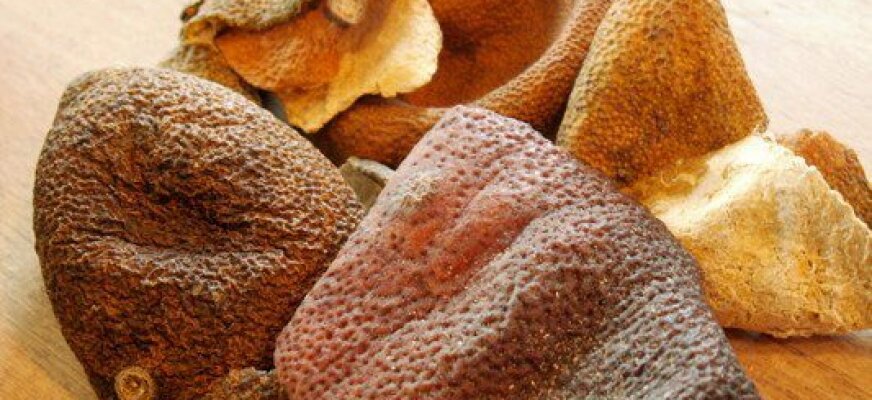If you know anyone who has battled lung cancer, you know that one of the biggest obstacles to survival is the fact that people are often diagnosed in later stages of the cancer. One reason for this trend is that there have not been widely recommended, reliable, screening procedures for catching the cancer earlier on in its development. That changed this month, as the National Comprehensive Cancer Network (NCCN) published guidelines recommending the use of low-dose computed tomography (LD-CT) screening for select individuals at high risk for the disease. This new guideline is a category 1 recommendation, making it more strongly recommended than mammography or colonoscopy for high-risk individuals.
For the target group of heavy smokers 55 to 74 years of age, or anyone who has smoked 1 pack a day for 30 years (or 2 packs/day for 15 years), regular, annual LD-CT scans are recommended. Medscape quotes Mark Kris, from the Memorial Sloan-Kettering Cancer Center, stating, "Finally we have a screening test that meets that gold standard and has a substantial opportunity to decrease the death rate for lung cancer."
When it comes to treatment for lung cancer, the same Memorial Sloan-Kettering Cancer Center finds that acupuncture can be very useful for treating the symptoms* of the disease as well as the effects of chemotherapy and radiation. They state, "Acupuncture reduces many symptoms experienced by cancer patients in all stages of treatment, including [shortness of breath], fatigue, hot flashes, sexual dysfunction, urinary problems, osteoarthritis, [nerve pain], [dry mouth], and more. Most relevant to patients in the ICU, acupuncture can relieve anxiety, depression, stress, and pain, and it can reduce the amount of opioids required to maintain patient comfort."
Western MDs are often hesitant to use TCM herbal medicine and vitamin therapy during cancer treatment because many drug-herb interactions are unknown. There is preliminary evidence, however, that herbal medicine and vitamin supplementation can improve outcomes for people with lung cancer. A 10-year retrospective lung cancer survival study published this fall by the Pine Street Foundation, found that long-term herbal and vitamin therapy, combined with conventional cancer therapy, reduced stage IIIA deaths by 46%, stage IIIB by 62%, and stage IV by 69% compared with conventional therapy alone. Promising news from the folks at Pine Street!*
Just to reiterate, TCM is not used to "cure" cancer, but is used to treat symptoms and improve quality of life as people go through treatment.

